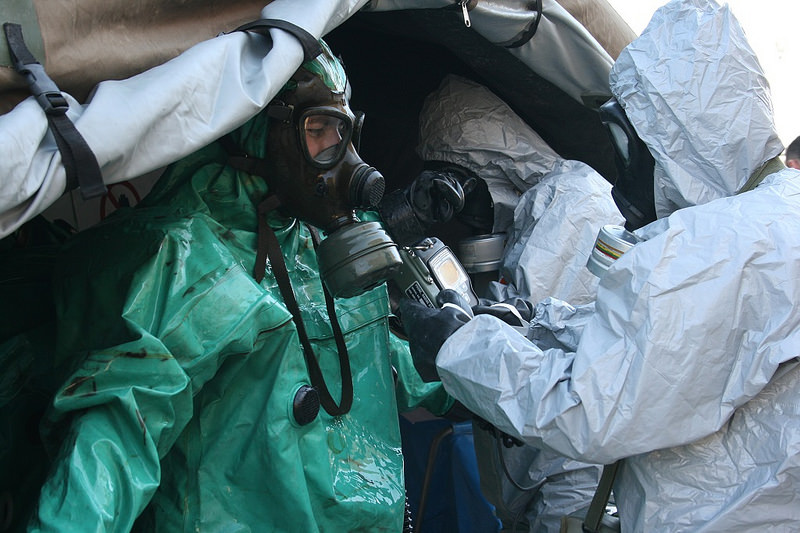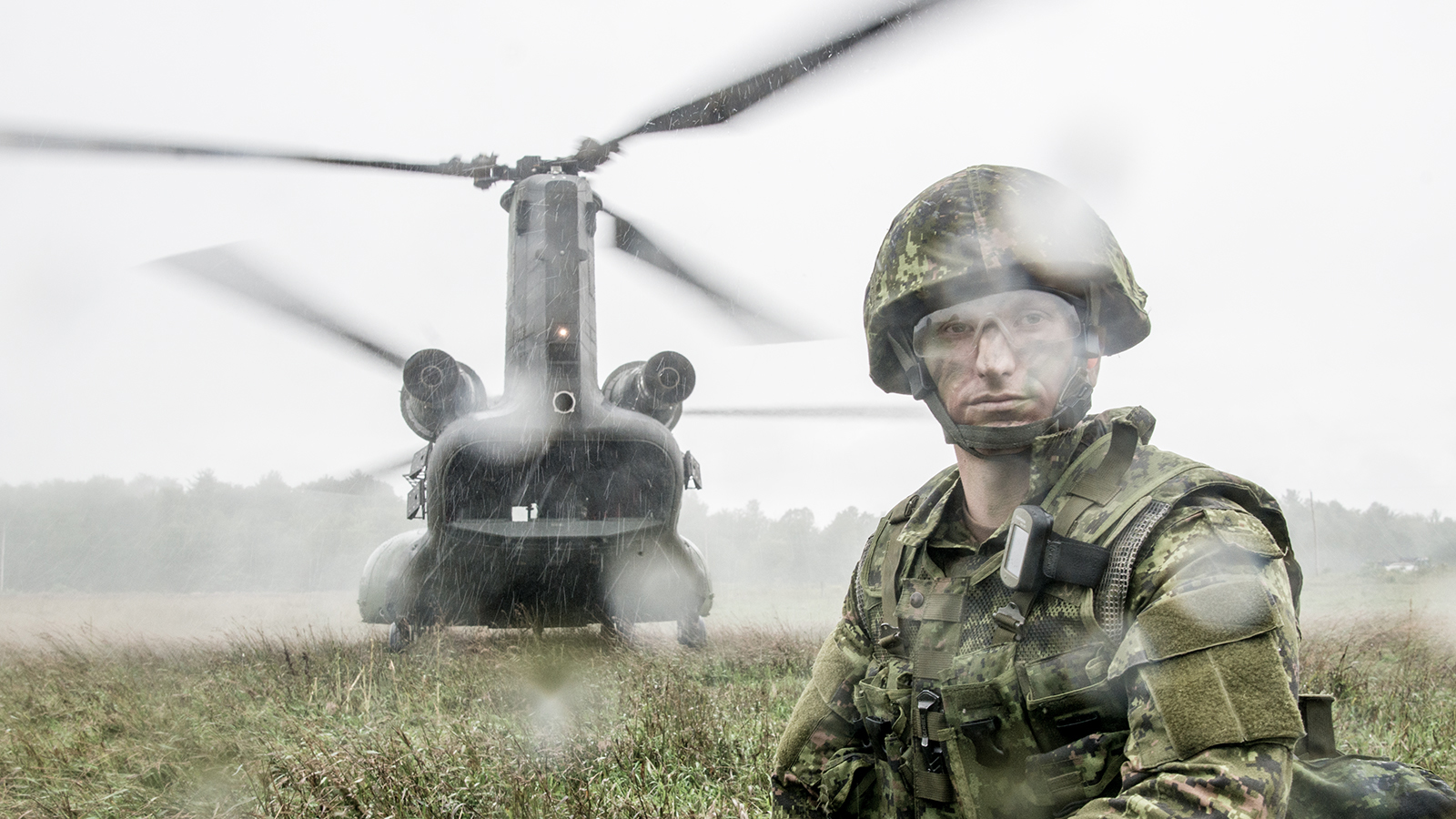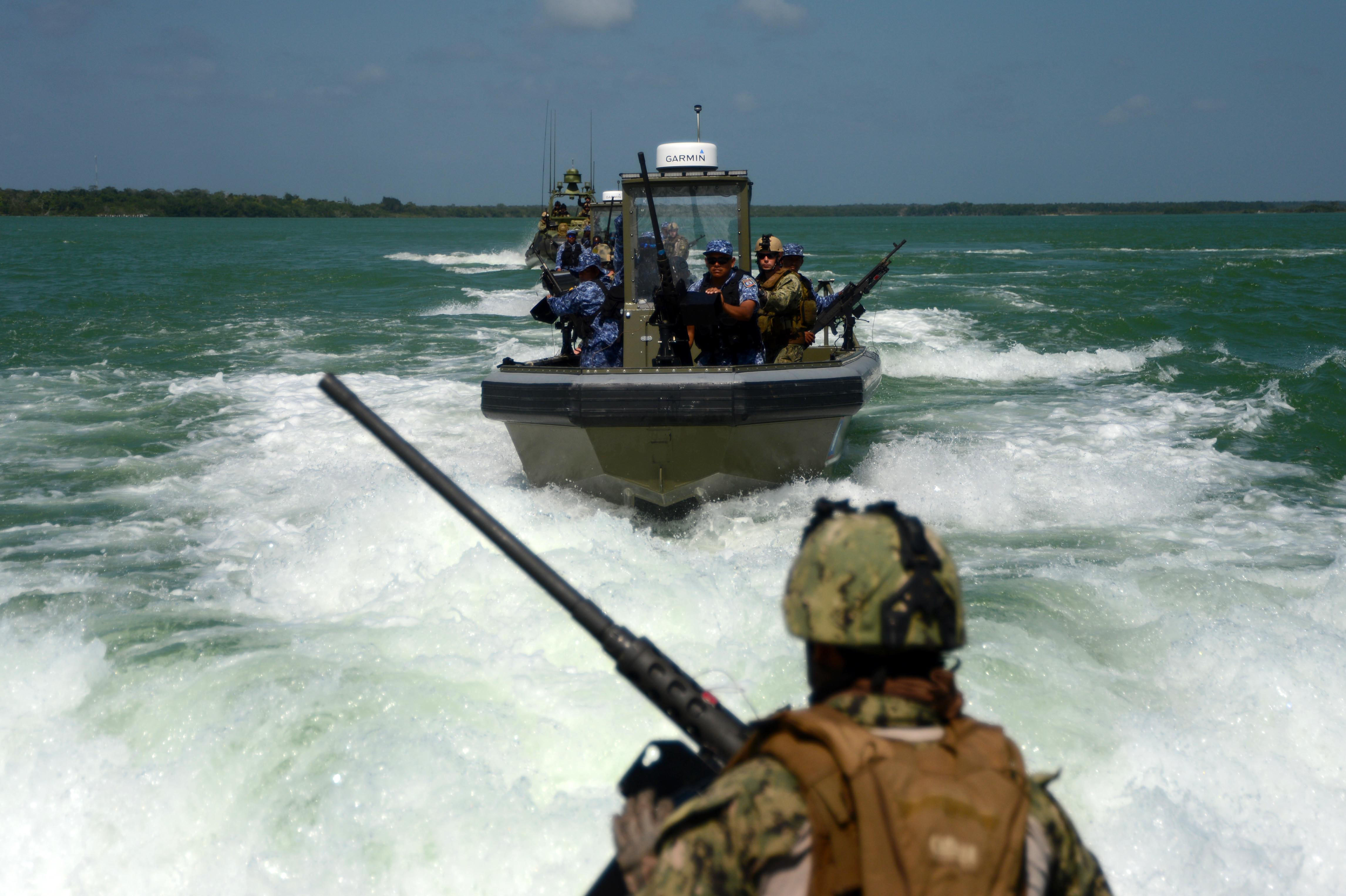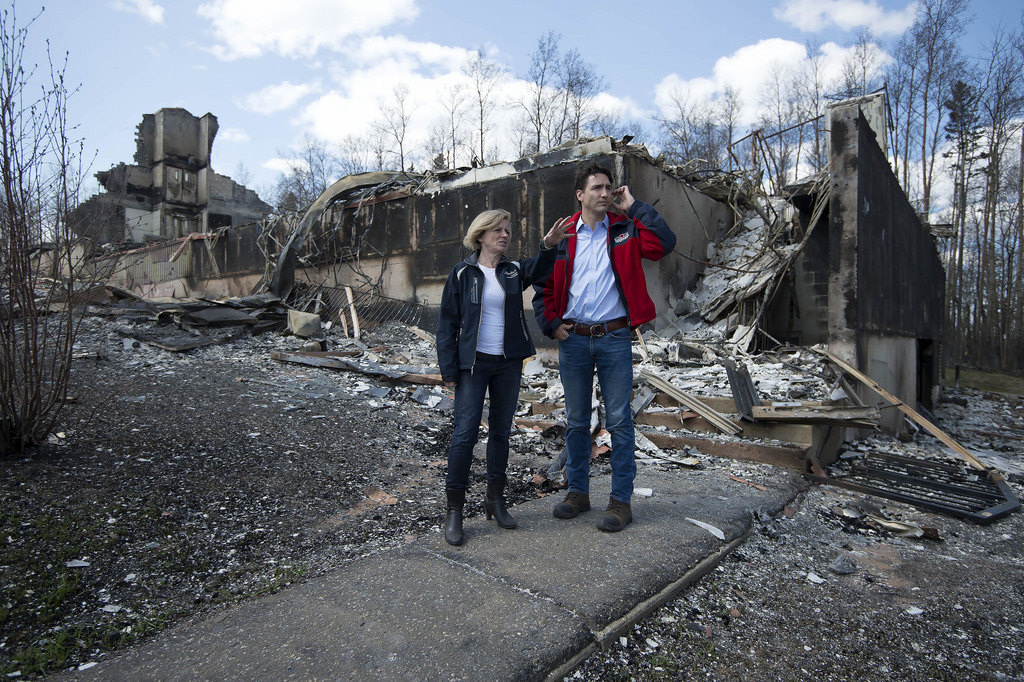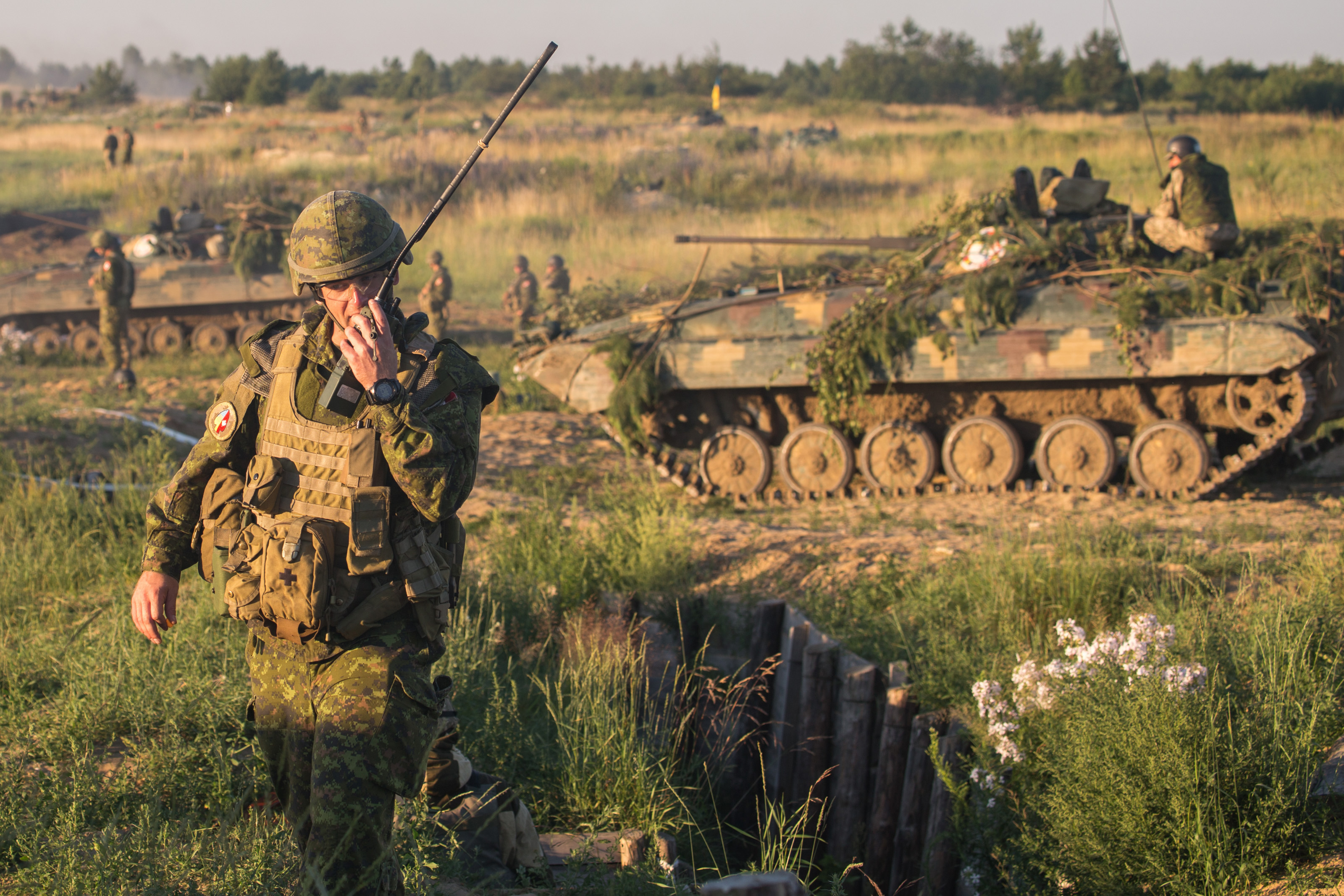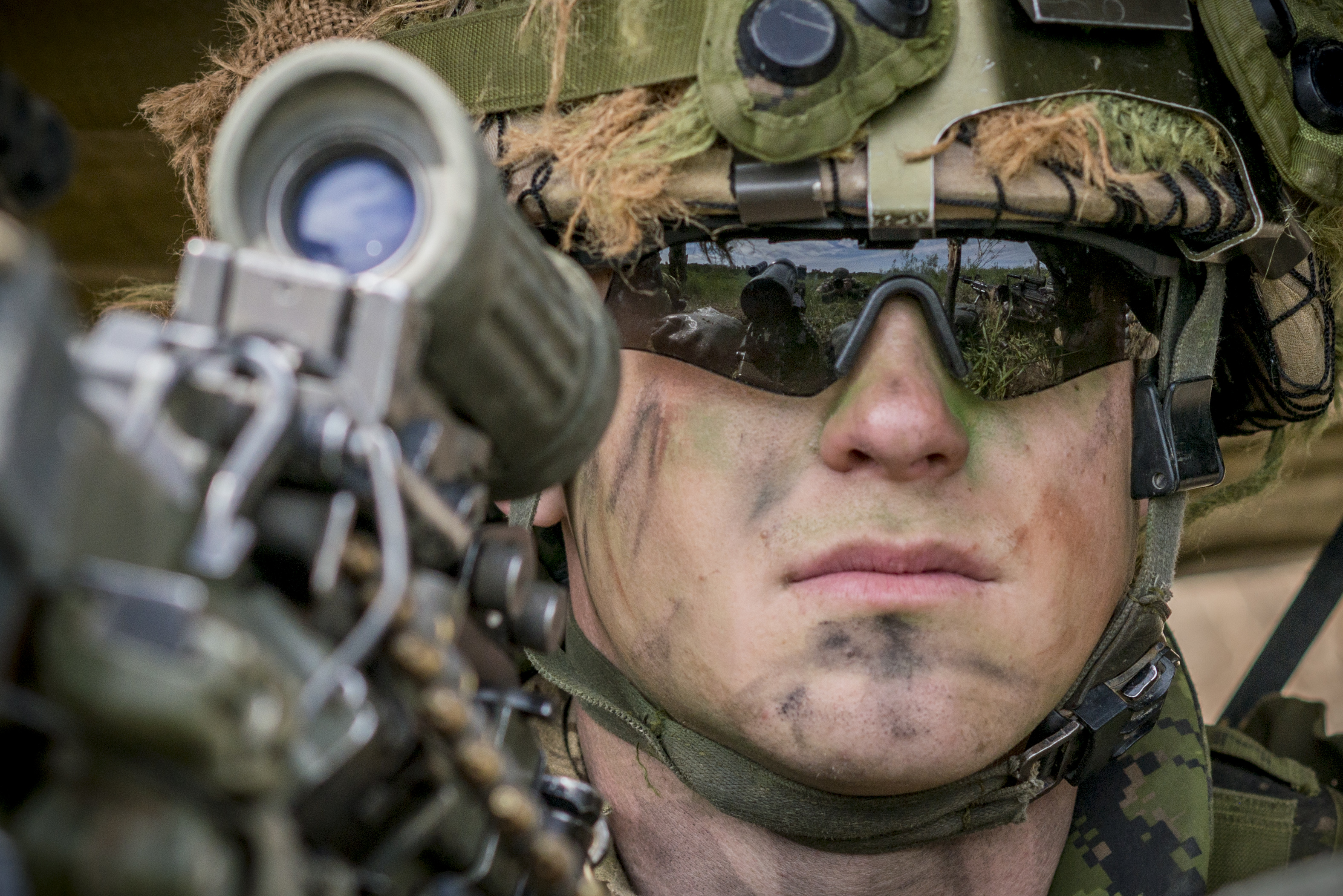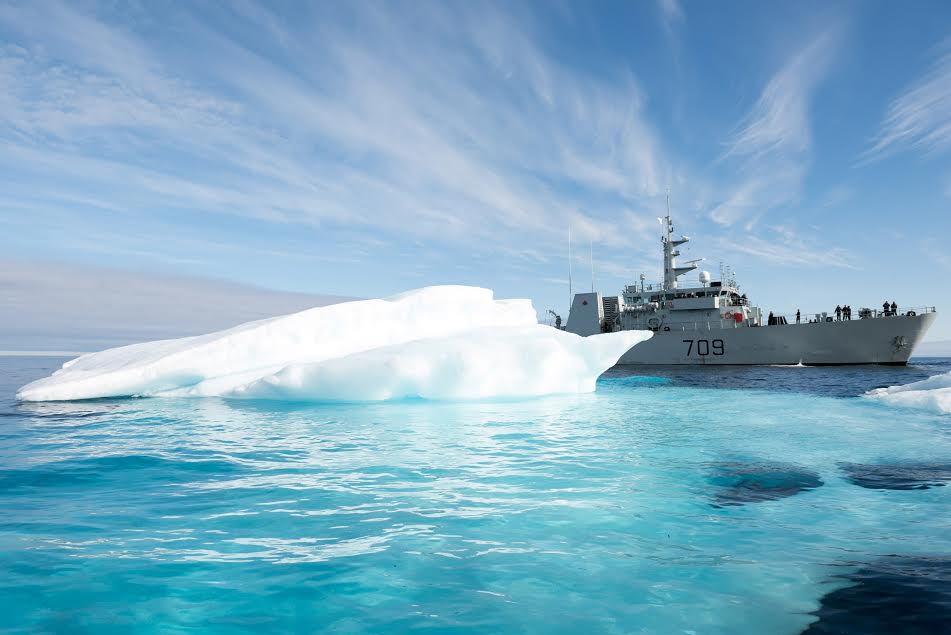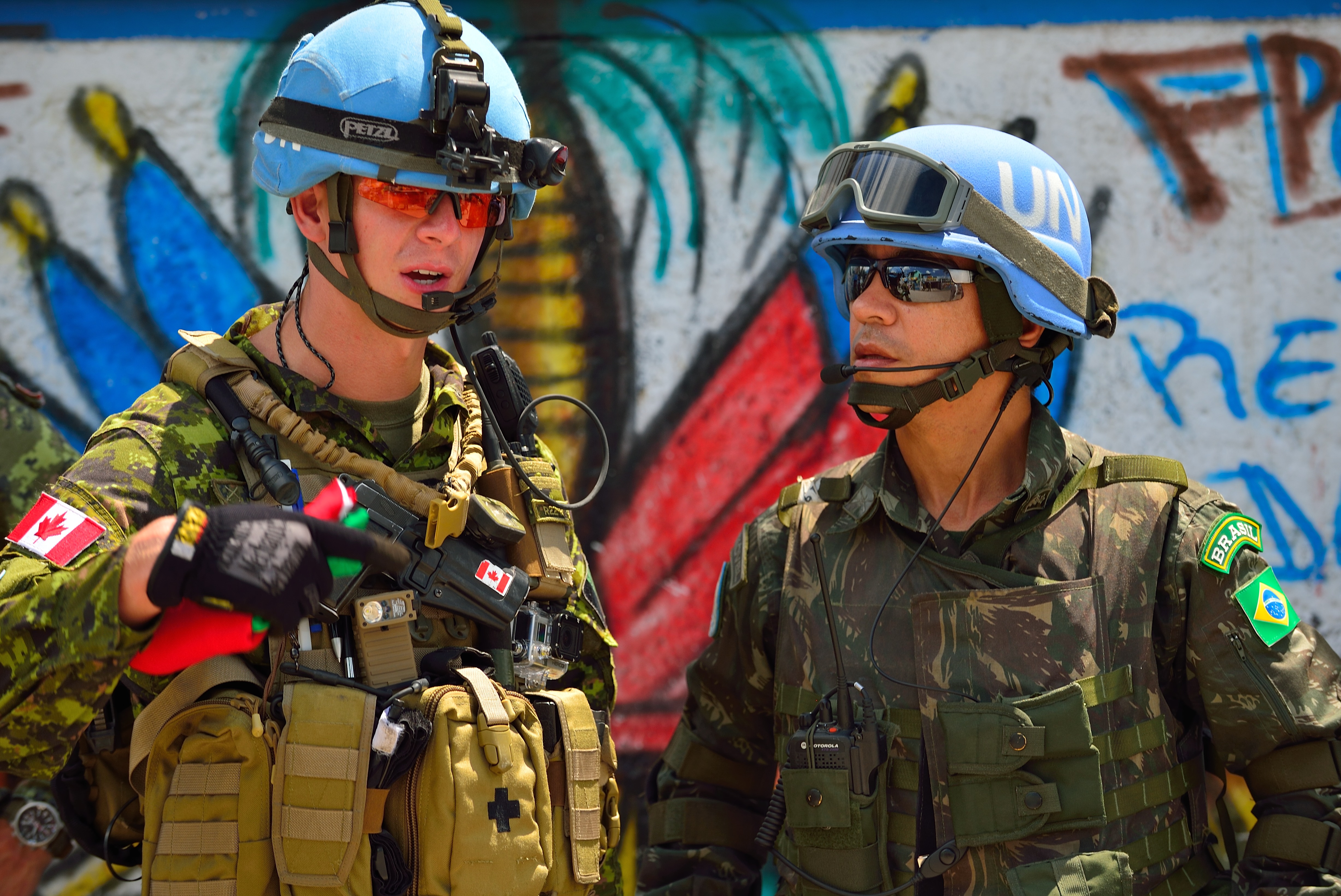In this article, Kelsie Chasse discusses recent developments in CBRN warfare and Canada’s role in defence domestically and abroad.
Canadian Armed Forces
On the ground, in the air and on the water, the men and women of the Canadian Armed Forces stand watch over the country and defend its interests at home and abroad. The Canadian Armed Forces Program aims to provide an in-depth analysis of the issues facing Canadian soldiers across all branches of the military in order to give Canadians varying perspectives on the men and women who defend their country.
Solid Foundations for Quake Response in Canada
Seismologists warn that Canada’s West Coast is overdue for a devastating earthquake and tsunami. Paul Pryce discusses the country’s level of preparedness.
Threats to Canada’s Security: Assured Access to the Global Commons (Part II/III)
As seen in recent years, modern war zones are rife with hybrid threats and belligerent groups that adhere less to international norms and bodies than their ideological motivations. Matthew Sherlock-Hubbard and Marko Babic discuss why Canada must engage with partners across the world to work together in confronting security challenges to Canada, its Allies, and other nations and peoples in need.
The Evolving Role of Non-State Actors
Non-state actors are playing an increasingly disruptive role in international maritime affairs. Paul Pryce discusses how to reinforce the legal norms that rule the waves.
Canada’s Fragmented Firefighting
Wildfires know no borders, but each Canadian province and territory has its own wildfire strategy. Paul Pryce calls for federal leadership.
Wartime is the Only Time we Have: Why we Need More NATO
Wartime has become the only kind of time we have. Jayson Derow discusses why there is a need for Western politics to recognize the current realities of conflict and function as a cohesive Alliance within NATO in a way that protects its shared values that remain vulnerable.
Threats to Canada’s Security: Assured Access to the Global Commons (Part I/III)
With the Defence Policy Review public consultations recently concluded, Matthew Sherlock-Hubbard and Marko Babic discuss how Department of National Defence (DND) military and civilian planners are now better prepared to inform the Canadian Armed Forces (CAF) on how to better meet future challenges to Canada’s national security.
Operation Qimmiq and Canada’s Kingston-Class
Operation Qimmiq, a vital means for Canada to exert sovereignty in the Arctic, is underway. But Paul Pryce discusses the risk these missions could be suspended.
Peacekeeping Promises Little Peace: The Realities of 21st Century Conflicts
Canada was once viewed as a leader of UN peacekeeping missions. However, this role has shifted with the changing nature of global conflicts. Jayson Derow discusses why it would be more effective for the Liberal government to devote military resources to the battle in Iraq and Syria, instead of fragmenting the Canadian Armed Forces to various ineffective missions in Africa to fight the same enemy.
Was it Worth it? Canada’s Intervention in Afghanistan and why we Left too Soon
The decision to endure the fight in Afghanistan was difficult for Canada to make, and this country did so at a relatively substantial cost. Jayson Derow discusses the triumphs of the Canadian Armed Forces in Afghanistan and why a sustained commitment of troops is needed in order to ensure the success of Canada’s three signature projects.

